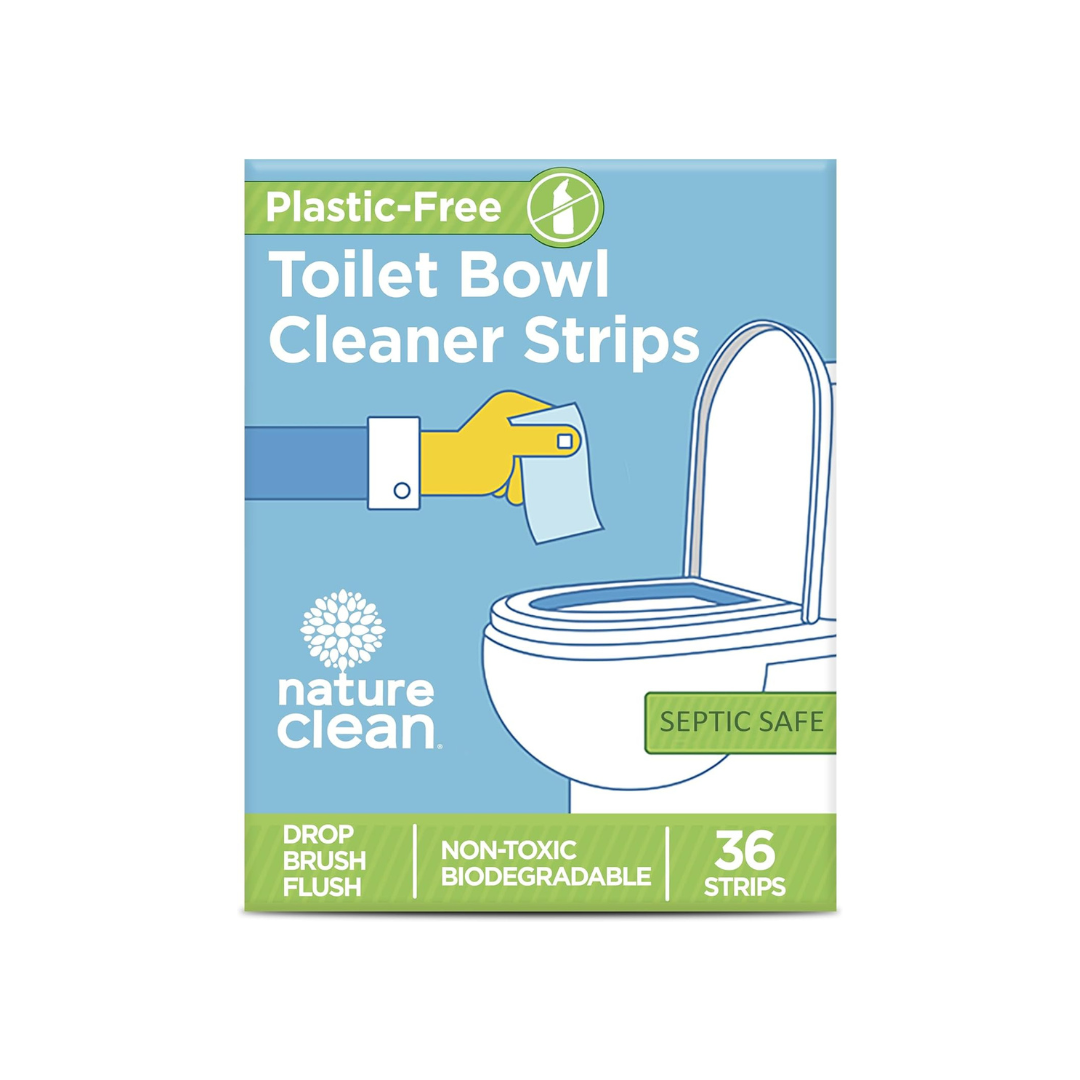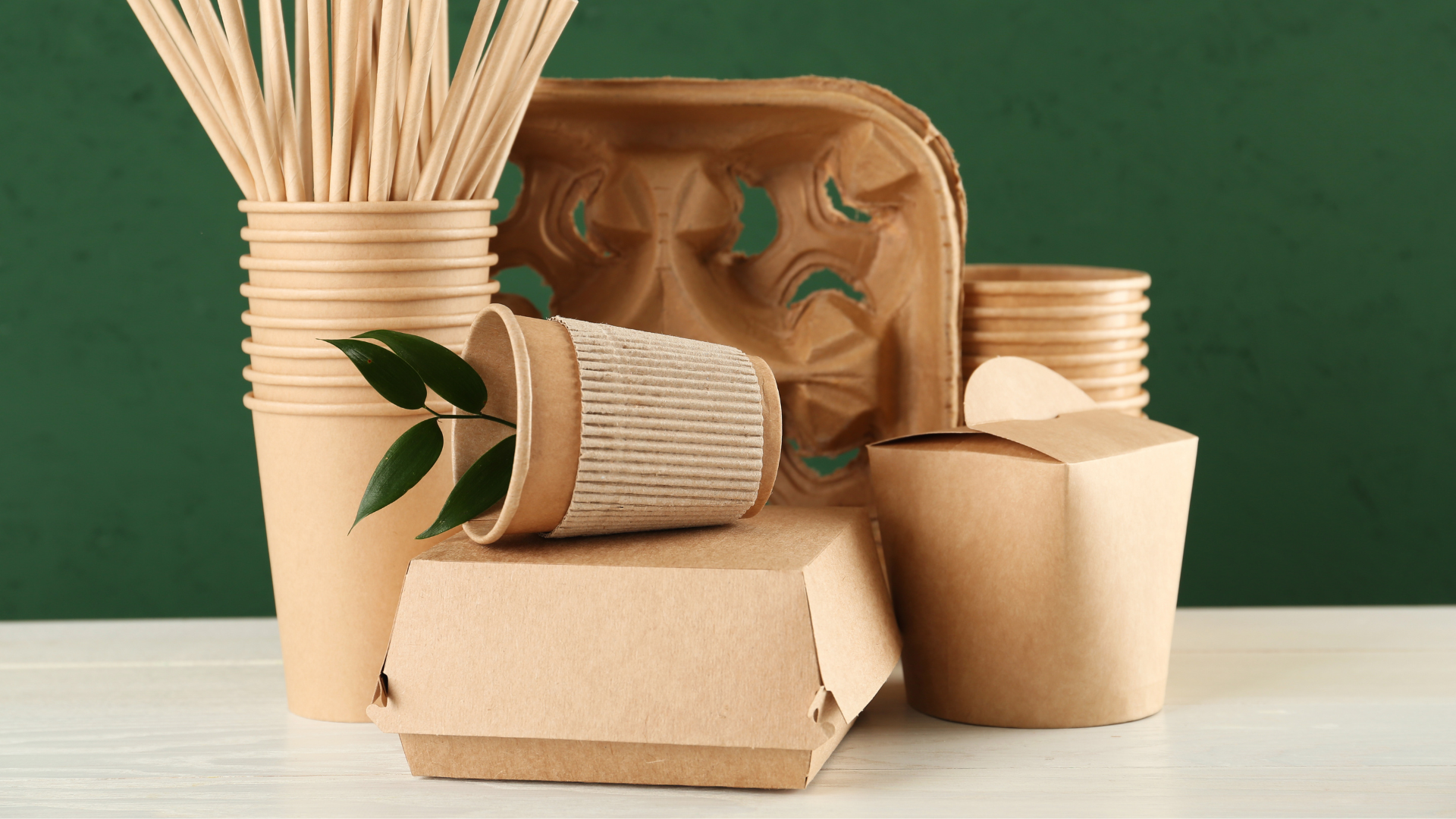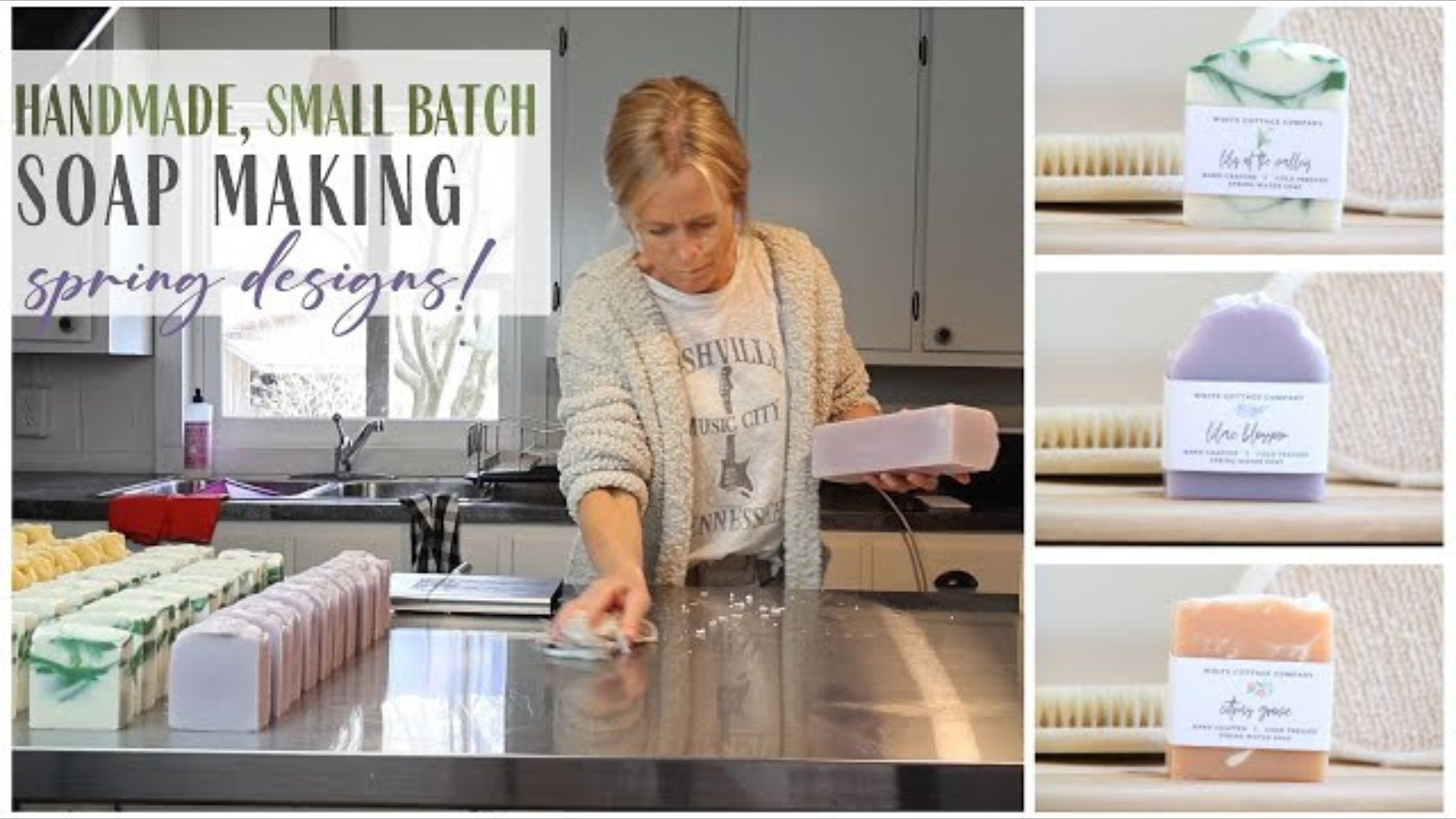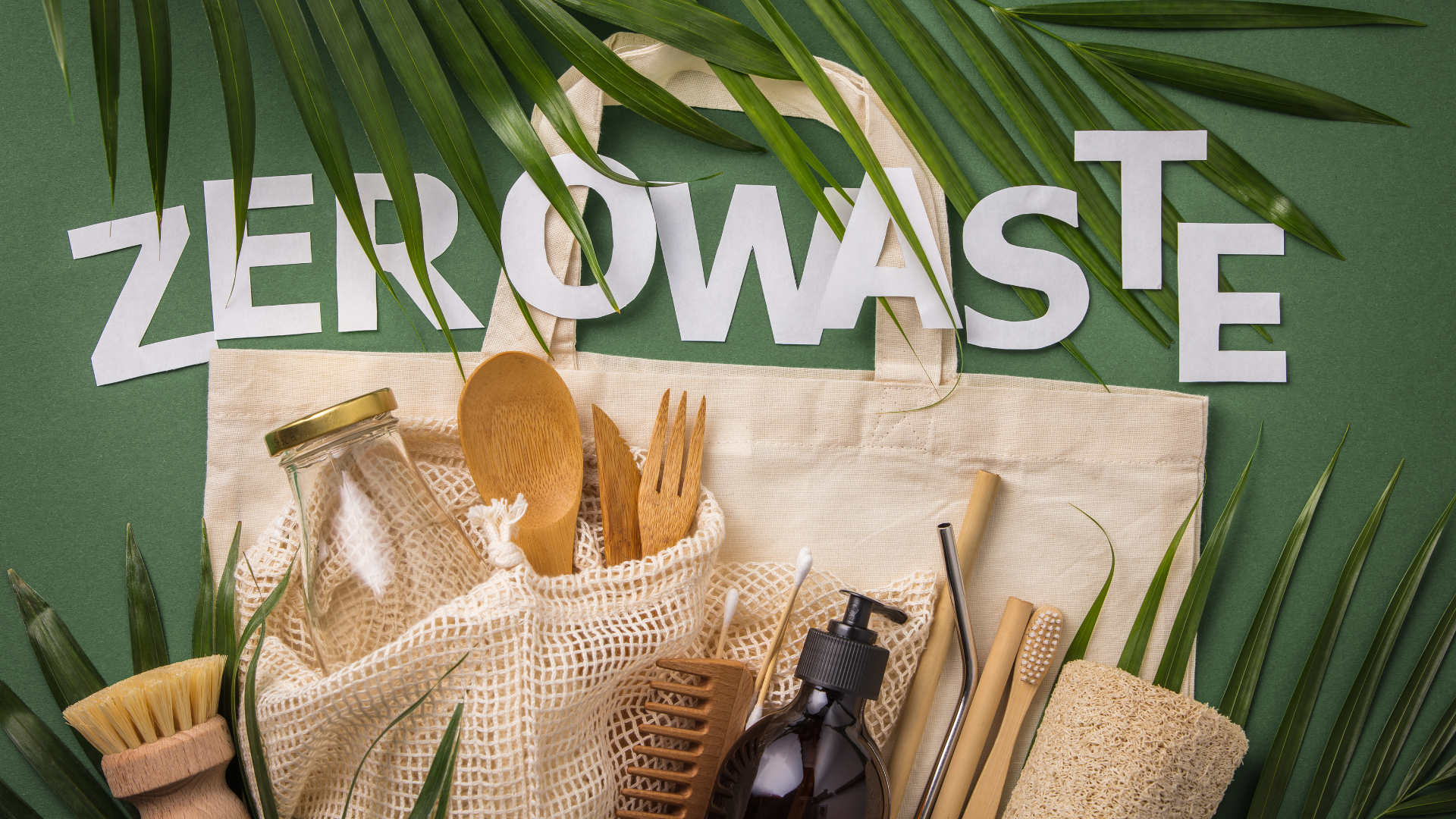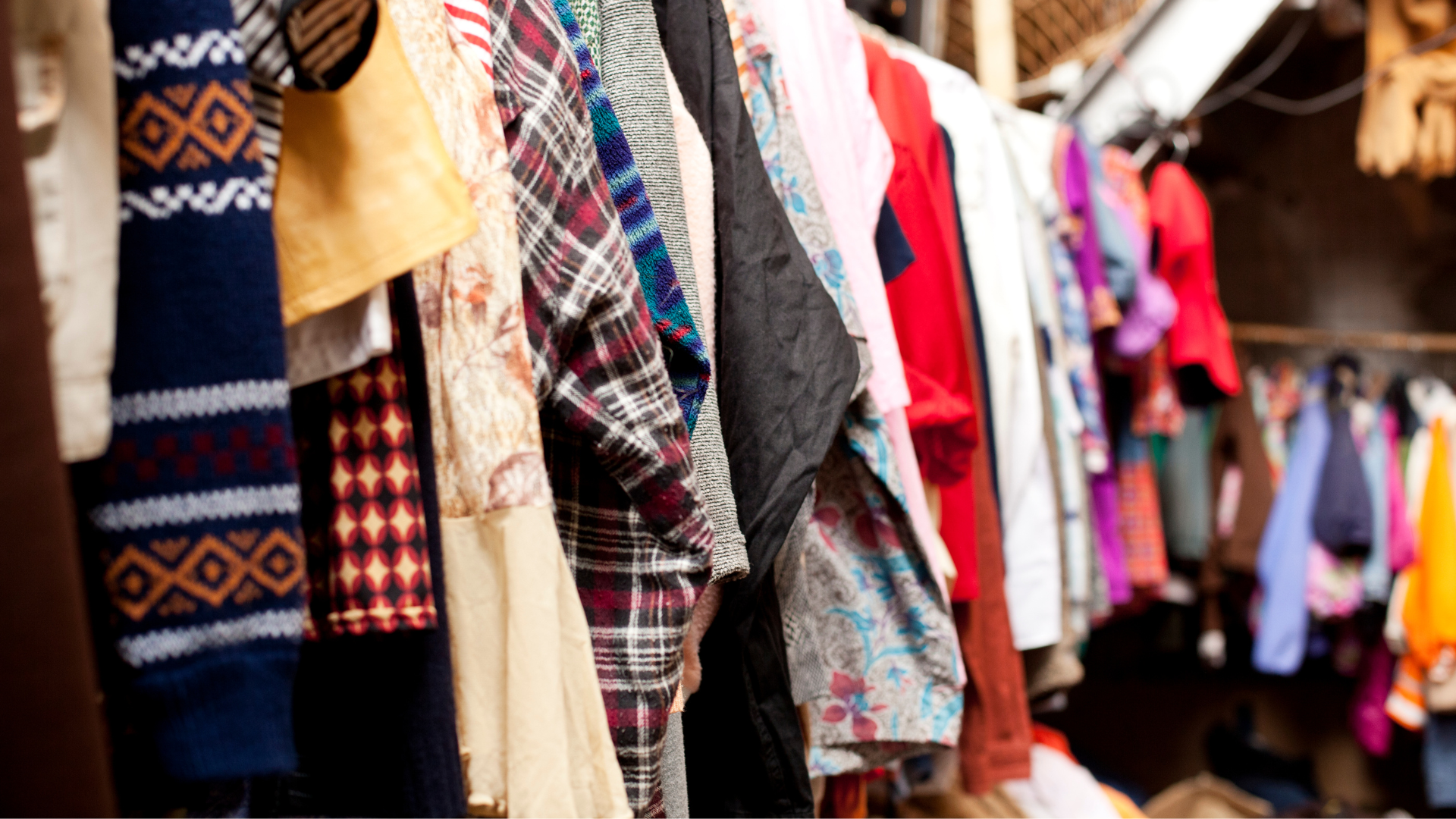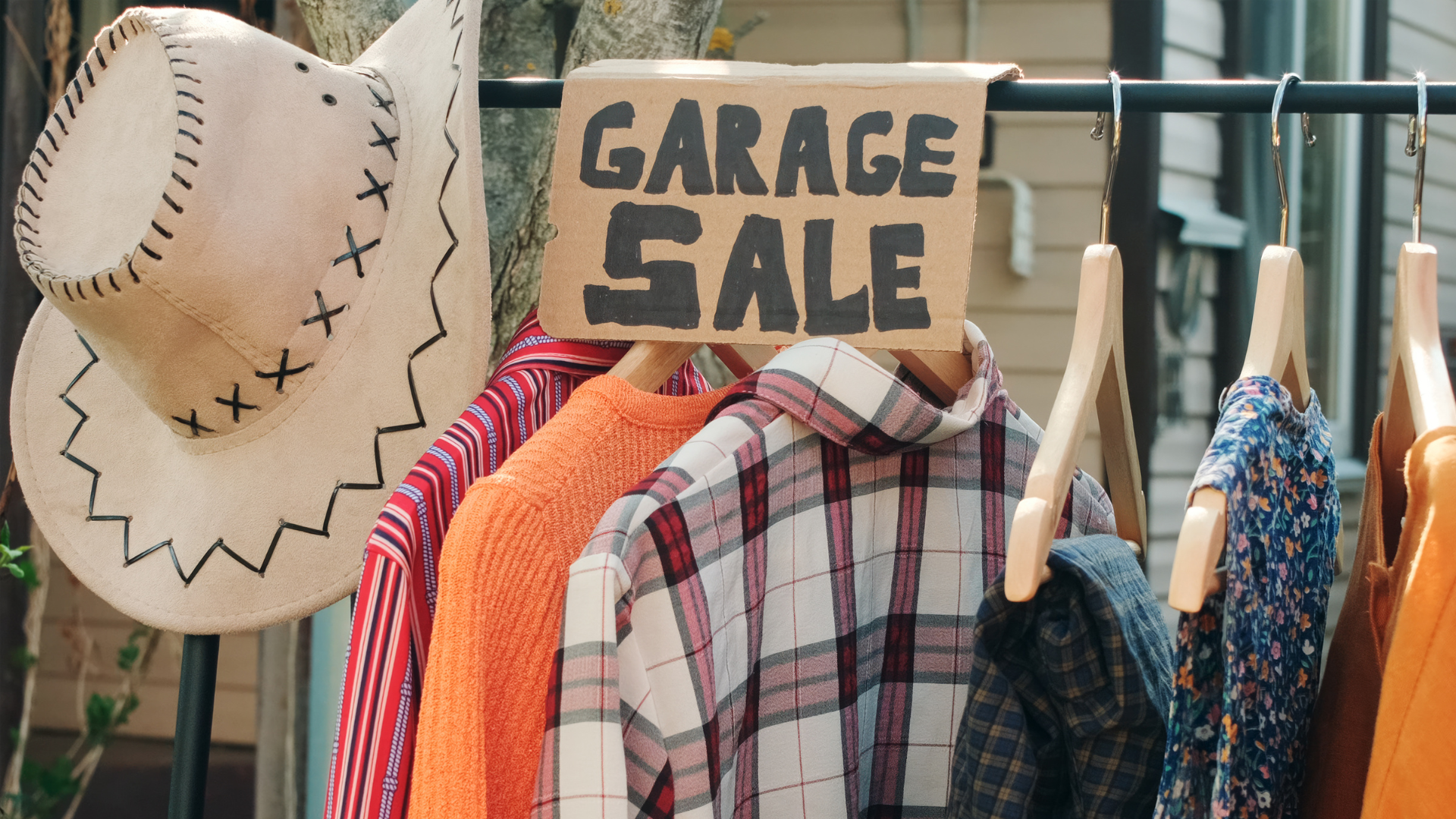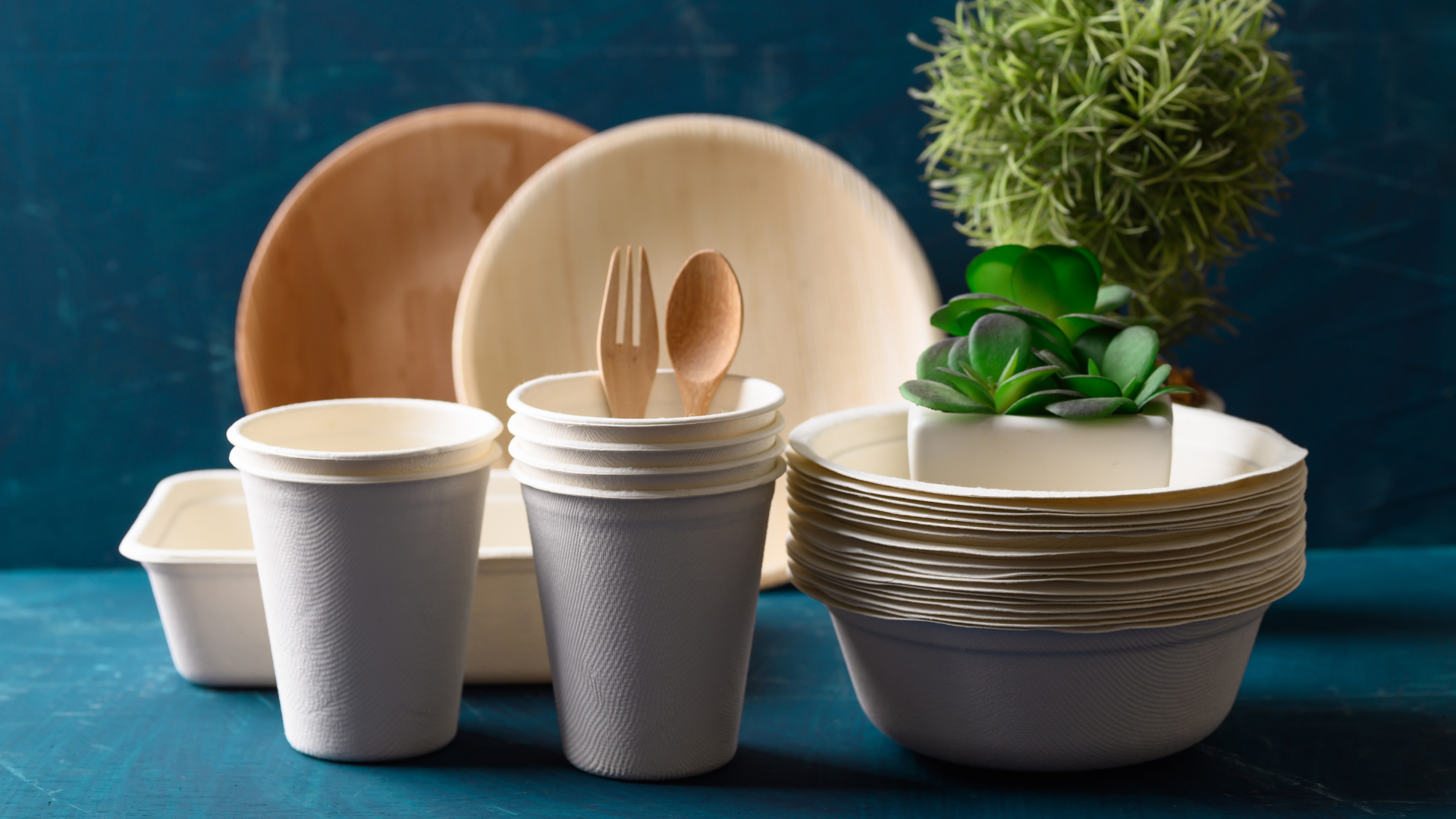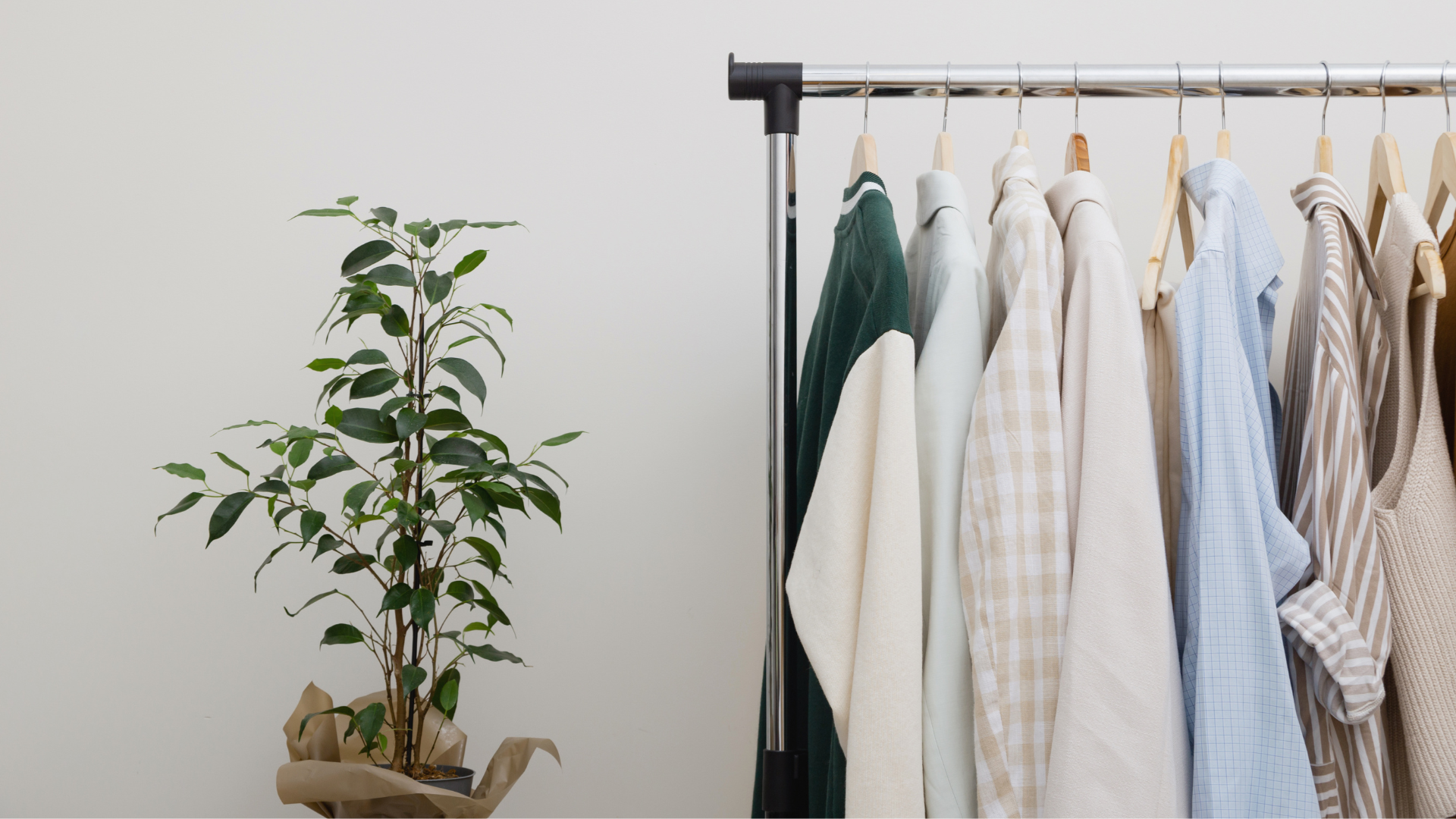In the world of home cooking, the quest for healthier meals extends beyond the ingredients we choose—it's also about ensuring that the tools we use are safe and environmentally friendly. Non-toxic cooking utensils have become a cornerstone of a conscientious kitchen, offering peace of mind with every meal prepared. This detailed guide explores the best non-toxic cooking utensils, emphasizing their importance for both your health and the planet.
Understanding Non-Toxic Cooking Utensils
The term "non-toxic" refers to products made from materials that do not release harmful chemicals into food or the air during cooking. Choosing the right materials is crucial for minimizing exposure to potential toxins commonly found in kitchenware.
Safe Materials for Non-Toxic Cooking Utensils
Stainless Steel: Known for its resistance to rust and corrosion, stainless steel is a favorite in kitchens for good reason. It does not react with food or release toxic substances, making it a safe choice for cooking utensils.
Silicone: Heat-resistant and rubber-like, silicone cooking tools offer versatility without the risk of leaching chemicals at high temperatures, unlike some plastics.
Bamboo: As a sustainable and naturally antimicrobial material, bamboo utensils prevent the growth of bacteria and are biodegradable, adding an eco-friendly touch to their safety features.
Glass: A chemically inert option, glass utensils ensure that no unwanted flavors or substances interfere with your cooking, maintaining the purity of your ingredients.
Benefits of Using Non-Toxic Cooking Utensils
Switching to non-toxic utensils not only contributes to your health but also impacts the environment positively. These utensils are generally more durable and can be recycled or are biodegradable, reducing waste and chemical exposure.
Choosing the Right Non-Toxic Utensils for Your Kitchen
When selecting non-toxic kitchenware, consider the types of cooking you do most often and choose materials that best suit those needs. For example, stainless steel is ideal for high-heat cooking, while silicone is perfect for baking.
Maintaining Non-Toxic Cooking Utensils
Proper care extends the life of your non-toxic utensils. Avoid using abrasive cleaners on stainless steel and bamboo to maintain their integrity and appearance. Silicone items should be kept away from sharp objects to prevent puncturing.
Where to Find Non-Toxic Cooking Utensils
Many reputable retailers offer non-toxic cooking utensils, both online and in physical stores. Look for products certified by recognized health and safety standards to ensure their non-toxicity.
Conclusion: A Healthier Kitchen with Non-Toxic Utensils
By integrating non-toxic utensils into your kitchen, you contribute to a healthier lifestyle and a more sustainable world. These utensils not only safeguard your health but also embrace eco-friendly practices that benefit everyone.
FAQs About Non-Toxic Cooking Utensils
What are the best non-toxic materials for cooking utensils?
Stainless steel, silicone, bamboo, and glass are among the top choices for non-toxic cooking utensils due to their safety and environmental benefits.
How do I care for non-toxic cooking utensils?
Each material has specific care instructions: stainless steel should be cleaned with gentle detergents, bamboo should be dried immediately after washing, and silicone can be washed with warm soapy water.
Where can I buy non-toxic cooking utensils?
Non-toxic utensils are available at many health-focused and mainstream retailers. Online marketplaces also offer a wide selection, allowing you to compare materials and prices conveniently.
Remember, the transition to non-toxic cooking utensils is an investment in your health and the planet's future. Explore more about sustainable living and eco-friendly products on our Sustainable Living blog or check out our Home & Garden section for more insights into creating a sustainable household.



